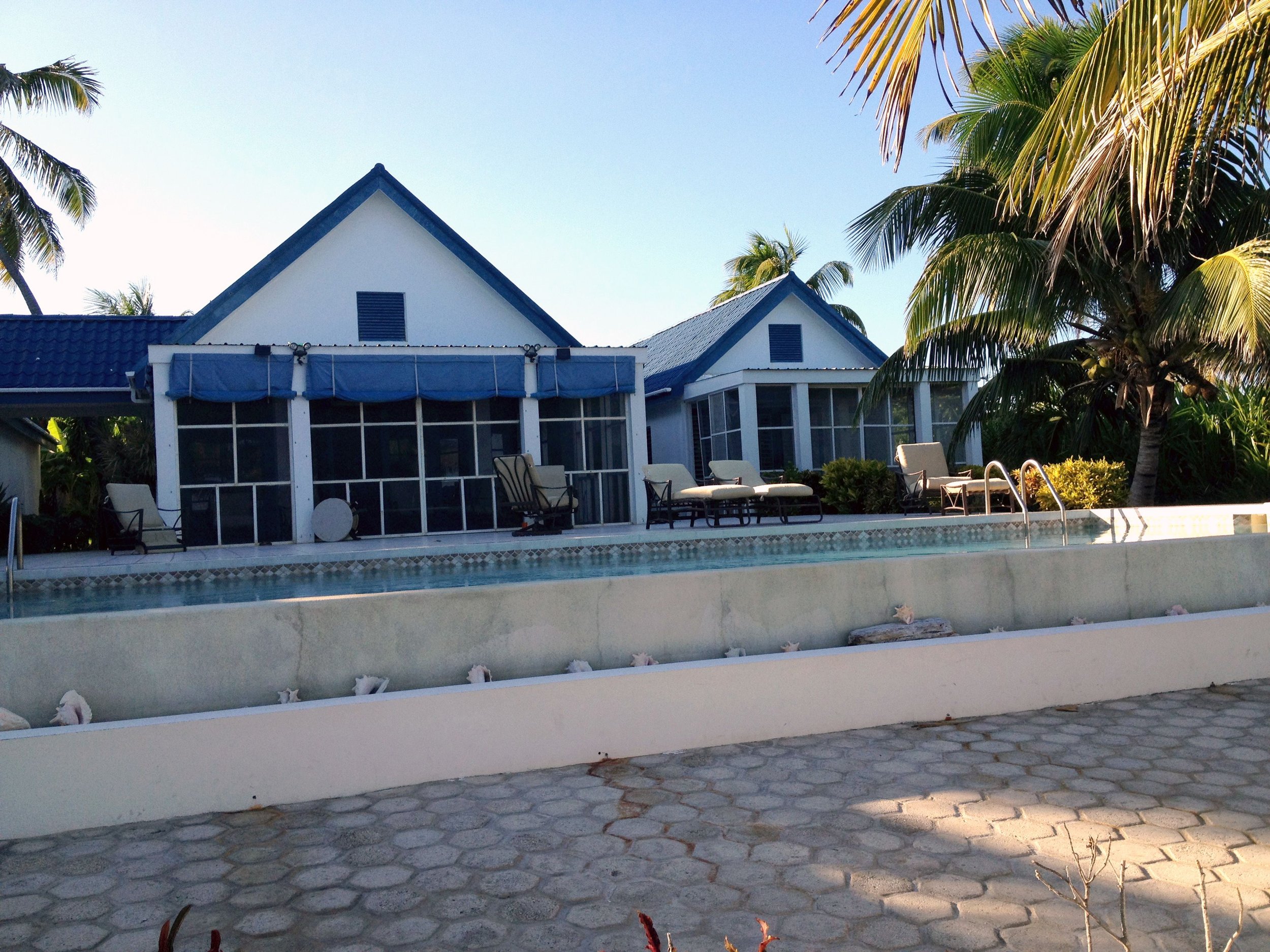
Belize - 52.52
94
Cartel country lite
Belize is an oddity in its region. It is English-speaking, sparsely populated, and it has managed to avoid much of the cartel activity that has plagued its neighbors. Additionally, Belize has never struggled with authoritarian tendencies. Despite this, it still struggles with many of the same issues that plague Central America as a whole. Corruption is endemic in Belize and cartels still control parts of the country. Police brutality is common and almost all police in the country are corrupt. Belize has one of the largest economic disparities of any country on Earth. Belize’s previously fast-growing economy shrunk by nearly fifteen percent during the pandemic. Belize’s future is somewhat uncertain as the country makes uneasy progress against an ever-changing cartel front.
Human Rights - 32
Third-party groups flagrantly violate human rights often and regularly. Cartels are very active in Belize’s inland countryside and cartel activity has been reported in cities as well. Cartels have been known to kill civilians for interfering in their activities and have targeted the families of rival gang members. Cartels control some entire towns in the Belizean countryside. The death penalty is mandatory for murder unless commuted by a judge; every sentence since 1985 has been commuted. Police brutality is common. Belizean police are known to be especially brutal against suspected gang members and homosexuals. Police regularly use excessive force when detaining suspects. Prison conditions are awful. Bizarrely, the country’s only prison is administered by a nonprofit. This prison is severely overcrowded and prisoners lacked adequate access to medical and exercise facilities. Under a State of Emergency, the government is allowed to conduct raids and searches without a warrant or probable cause. Two States of Emergency were declared in 2020, resulting in dozens of warrantless searches. These raids often resulted in law-abiding citizens having property destroyed or seized. Arbitrary arrest is rare but it does occur. Homosexuality is legal and Belize guarantees discrimination protections for sexuality. Belize guarantees no other rights or protections. Abortion is legal to preserve the physical, mental, and financial health of the couple and in cases of rape, incest, and fetal impairment.
Democracy - 89
Belize is a Commonwealth democracy, limiting its score to 95. The governor-general is appointed by the Queen and the prime minister is formally appointed by the governor-general but in practice is appointed by parliament. Parliament is directly elected. Belize has an unusually high voter turnout for Latin America, as the previous election saw 81% voter turnout. Elections are free and fair. Belize is under a two-party system but party formation is not restricted. Smaller parties hold parliament seats but have never taken the majority. LGBT are disenfranchised.
Freedom - 72
The constitution includes unenforced clauses restricting freedom of the press. It has theoretical limits surrounding national security, public order, and morality. All of these have gone unenforced for decades. Christian groups receive slight preferential treatment but other religious groups are not restricted. Cartels impose arbitrary curfews in areas under their control. Drugs are officially illegal in Belize but these laws are unenforced. Officially, Belize may issue gun ownership licenses but gun laws go generally unenforced and the black market gun trade is rampant in Belize.
Economy - 42
Health - 59
Belize has a life expectancy of 75 years and an infant mortality rate of 1.1%. 24.1% of Belizeans are obese and 7.6% are malnourished. Belizean healthcare is fairly strong in major cities and wealthy tourist areas but is of generally poor quality elsewhere. 97% of Belizeans have access to clean, running water. Rural areas and the South side of Belize City struggle with water access on occasion. Mosquito-borne illnesses and Kissing Bug Disease are common in Belize.
Corruption - 9
Cartel intimidation and bribery are the most common forms of corruption in Belize. Cartels control entire towns in rural areas. The judicial system is often subject to criminal pressure. Police often refuse to act against cartels. Belizean police in general are highly corrupt, with extortion and bribery very common. Anti-cartel units are generally regarded as the only non-corrupt police in the country. Hotels and airlines are very close with the government. High-ranking members of the ruling party have been involved in fraud cases, resulting in several investigations.
Competency - 22
The government is failing to manage all of its territory, as cartels control entire towns in the Belizean countryside. The government is failing to protect people from cartel violence. The government is failing to properly enforce its laws, as gun and drug laws in Belize go generally unenforced.
Future - 63
The Belizean tourism industry has been expanding rapidly. The health of Belizeans has been improving as Belize’s healthcare infrastructure has developed.
Actions Abroad - 79
Belize is a full member of the Commonwealth of Nations. Belize receives significant foreign aid from the United States and Britain. Belize has failed to break its segment of the American Cocaine Run. While significantly more narcotics are smuggled North through Guatemala, large amounts of narcotics are also smuggled through Belize.
6.88% of Belizeans live below the international poverty line and 41.43% live below the national poverty line. Belize has a very high economic disparity. 7.82% of Belizeans are unemployed. The minimum wage in Belize is $1.64 per hour. Belize’s universal healthcare system is fairly decent, providing high-quality care in Belize City, Belmopan, and areas catering to tourists, while it is weaker in other areas. On the bright side, Belize’s healthcare quality is improving rapidly. The Belizean economy shrunk 13.4% in 2020 and grew 4.5% in 2019.
